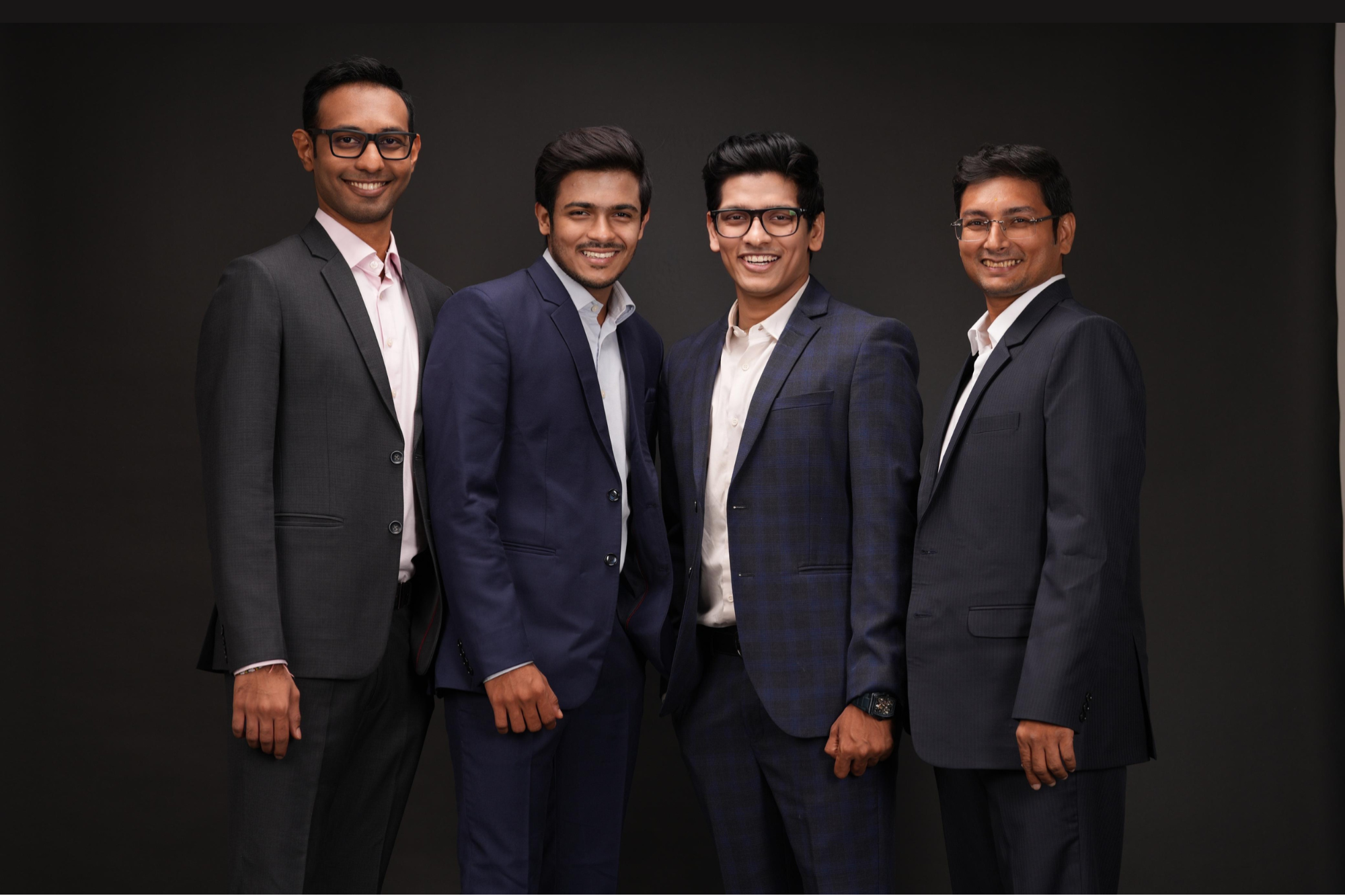A Global Template Is Needed To Regulate Crypto, Says FM Nirmala Sitharaman During an interactive session organized by the Thinkers Forum, Karnataka, Sitharaman was asked about her views on regulating digital or cryptocurrency.
You're reading Entrepreneur India, an international franchise of Entrepreneur Media.

The apex banking body of India, the Reserve Bank of India, may be critical and sceptical of cryptocurrency, but Nirmala Sitharaman, the Union Finance Minister, is all about taking into account its potential and giving it a chance.
During an interactive session organized by the Thinkers Forum, Karnataka, Sitharaman was asked about her views on regulating digital or cryptocurrency. "No one country individually, in a matter of technology-driven, a crypto asset, can effectively control it, because technology doesn't have any borders, it can just pass through. So the very character of it being technology driven requires all countries to be on board, or else it will not be effective," she responded.
ALSO READ: Crypto Issue Requires Immediate Attention, Says Nirmala Sitharaman
The Minister, by control, does not mean controlling the 'distributed ledger technology'. She further added that India's proposal for the same has been included in the G-20 agenda for the year, with the IMF submitting a paper on cryptocurrency and how it can affect macroeconomic stability. The Financial Stability Board, set up by G-20, has also agreed to make a report on the financial stability.
The two reports shall be discussed in July this year when the Finance Ministers and Central Bank Governors meet under G-20.
"The underlying principle is, because the digital currencies are completely digitalized and technology-driven, the technology which is very distributed, and sometimes identity is very difficult to be established, but which has potential, it will therefore have to be acted upon only with all countries coming on board," Sitharaman added.
G20, along with major global organizations such as OECD (Organisation for Economic Co-operation and Development), IMF, and World Bank, collectively believe that a global template for regulating cryptocurrency may soon have to be created, "all of us will have to work together on it, otherwise regulating crypto may not be effective."
During a Businessline event in Bangalore, Rajeev Chandrasekhar, Union Minister of State for Entrepreneurship, Skill Development, Electronics, and IT, shared that Indian startups in the Web3 space will lead the race and startups having their base outside India will have to return as the government is working on addressing the concerns around web3 through Digital India Act. "All our startups who think Dubai is great to live in and don't have to pay taxes will all come back here. I'm fairly confident," said the Minister.












